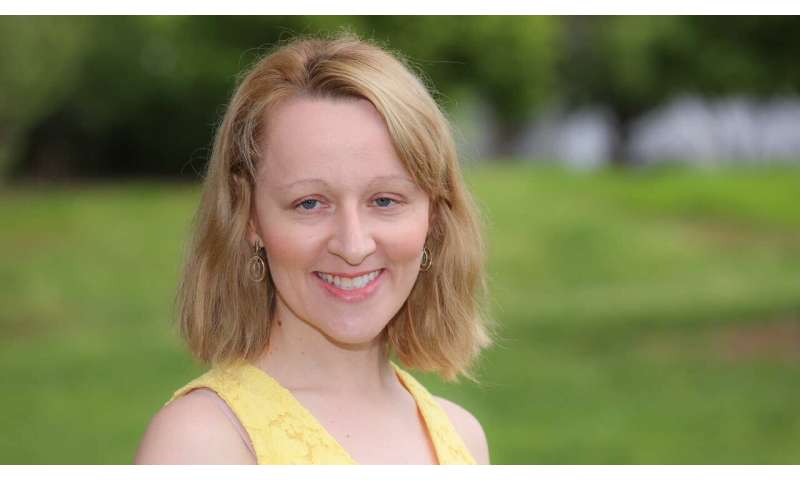
As COVID-19 has increasingly isolated us from each other, we’re relying more and more on social media for a sense of connection and as a source of information about the virus and it’s spread. But how can we be more confident that what we’re seeing is accurate?
Crises of all types cause people to rely on media to provide information and support, says Dr. Pavica Sheldon, chair and professor in the Department of Communication Arts at The University of Alabama in Huntsville (UAH). Dr. Sheldon conducts research in the area of social media and interpersonal communication and is the author of three books on the subject.
She says media’s role especially increases when other forms of interaction are limited, like in the case of the COVID-19 pandemic.
“According to media dependency theory, we become dependent on media that meet a number of our needs,” Dr. Sheldon says. “It is familiarity with the media that makes us more dependent on it during crises. Facebook and Twitter are currently very good examples.”
When we’re anxious about our health, false information can cause us to make erroneous decisions that can negatively impact our own health and the health of others, she says.
“Research shows that older individuals are even more susceptible to false news and sharing misinformation with others.” Dr. Sheldon says. Yet that is the population most at risk from the virus.
“Another problem with social media is that people tend to believe those they feel close to, such as their friends and family,” she says. “So, if a friend is sharing the latest chart about COVID-19 numbers in the United States versus Italy, we automatically believe that it has to be true.”
The only way we can be sure of the accuracy of that information is to check it out, she says.
“I recommend that people always check the source of the information. Who is the author of an article or a tweet and what is their expertise?” says Dr. Sheldon. “If there is none listed, people can search the Internet to find more information.”
For example, the Centers for Disease Control (CDC) and the World Health Organization (WHO) are reputable sources for the latest news about the disease but your friend’s shared chart may not be.
“Fact-checking sites such as factcheck.org or snopes.com are other good ways to verify the information,” she says.
Some U.S. government officials allege that Russia and China are spreading coronavirus misinformation and conspiracy theories that the U.S. is causing the outbreak, creating confusion among U.S. citizens.
As social media users, we need to remember that a lot of the content on platforms like Twitter is not censored, Dr. Sheldon says, and that allows the spread of rumors.
“It is hard for us to see it as propaganda because rumors may sound like credible stories, especially when they are posted on social media such as Twitter and are hard to verify,” she says. “Even when information can be verified, most people are simply too lazy to do so. The problem with social media is that people assume that a story with the most ‘likes’ must be true.”
Resisting the urge to make that assumption can also help when it comes to political content about the pandemic, which can be especially stressful in a nation as politically divided as the United States.
“The Pew Research Center recently published findings of divisions between Democrats and Republicans, with most Democrats calling COVID-19 a major health threat, while a minority of Republicans saw it as a real threat,” Dr. Sheldon says.
“This political division can cause people to be less concerned regarding the virus. Potentially this could be deadly for a large number of people.”
It is imperative that we listen to what health experts such as epidemiologists have to stay about the disease, she says, rather than solely relying on politicians for information about the pandemic.
The flood of downbeat information on social media can be distressing, and Dr. Sheldon says we need to be aware that the media we use can exacerbate our fears.
“In my classes, we talk about cultivation theory. According to the cultivation theory, exposure to media over time cultivates viewers’ perception of reality,” she says. “Thus, exposure to downbeat COVID news may reinforce their worst fears.”
The CDC recommends that people take recovery breaks from media coverage of COVID-19. Maintaining a healthy lifestyle and eating and sleeping well can make us less susceptible to fear and anxiety, Dr. Sheldon says.
She says the best defense we might have is simply to use social media only for the need for which it was originally designed.
Source: Read Full Article